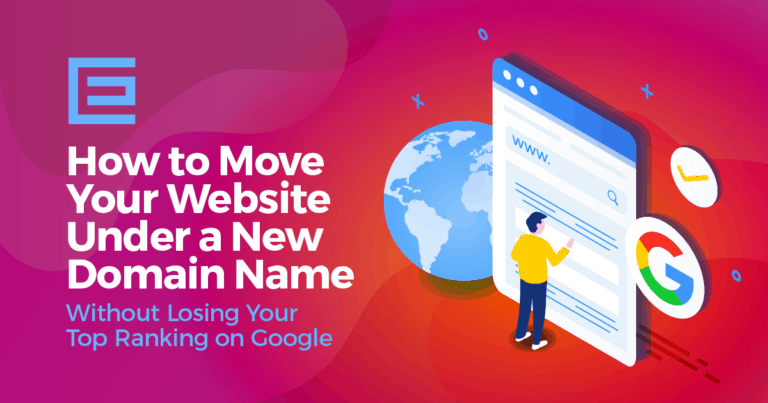When you hear the terms internet and the world wide web, you may think you can use the two interchangeably. But, there are not the same…not even close! There are significant differences between them that are important to know. We’re going to break down those differences so that you can distinguish between the two and have a better idea of how they both work.
What is the World Wide Web?
The world wide web, or web for short, is the pages you see when you’re online. When you put in a web address, it sends you to a page on the world wide web. Makes sense, right? The web uses an HTTP protocol that can be accessed via the internet from any part of the world. The HTTP protocol is the computer language that’s used on the internet to transfer data and communicate.
The world wide web was invented in 1989 by British scientist Tim Berners-Lee. The web was originally developed to meet the demand for automated information-sharing between scientists and institutes around the world. The web uses the HTTP protocol with “www” for all internet pages. The “www” stands for the world wide web which is shared throughout the internet. It represents a method of accessing content through the internet.
What is the Internet?
The internet is the network of connected computers that the world wide web works on. This network is also how your emails get sent and how files travel. The internet helps to connect things while the web is more like little stops (pages) that you can visit.
As you probably figured out, the internet was developed first. It dates back to 1969 thanks to the folks at ARPA (Advanced Research Projects Agency). They conceptualized the internet and it got tweaked through the years. It wasn’t until 1983 that the internet as we know it today really began to be used.
Using the Internet Without Using the Web
Another way to better understand the differences between the web and the internet is to understand that you can use the internet without the web. An example of this is email. You can send an email without using the web because it uses SMTP (Simple Mail Transfer Protocol) and works without a web browser. Although most people access a webmail client in their browser to get to their email, which does use the web, it is not necessary if you just want to get simple email messages.
You can also use the internet and not the web with voice-over internet protocol. This is when you make a call using an internet telephone service. You don’t need any web pages to do this. You’re just using the internet to make a call instead of a regular phone.
Using a file transfer protocol (FTP) also does not require web use. FTP lets you move files from one machine to another. You just need an FTP client and something to connect to use FTP without browsing the web.
Why You Can’t Use the Web Without the Internet
Although you can use the internet without the web, you can’t use the web without the internet. If you want to access a website on another server, you need the internet to connect to it. If you don’t have the internet, your device has no way to connect to the network that the other device is on.
Web Pages & Search Engines vs. Directories
When you’re talking about the internet and the web, it’s also important to talk about search engines and directories. Search engines search available websites within the world wide web and not other sites that may be located across the internet. It’s estimated that 56.5 billion web pages are indexed through Google as of November 2021. Each search engine is a collection of millions of pages. The job of a search engine is to gather information about a topic or phrase the user searches.
When you’re talking about search engines, crawler-based are the most popular. A crawler-type search engine uses automated software programs to survey and categorize web pages. Examples of crawler-based search engines are Google, Yahoo!, and Bing.
There were also human-powered search engines that used real people to filter search results and help users with their requests. But, crawler-based engines like Google have pretty much wiped those out. There are also hybrid search engines that use a combination of crawler-based and manual indexing in search results.
Search engines help users find specific information while directories contain a hierarchical structure of organizing database content. A directory can be dedicated to a particular geographic location or subject. Most directories are fee-based. If a company wants to be added to a directory, they’re going to have to pay for it.
If you want to access information quickly, you’ll want to use a search engine. If you want industry-relevant or niche information, a directory would be more helpful. Directories are also great tools to help locate information about a particular geographical location since they are categorized based on location or specific, niche subjects.
Contact Us
Now that the differences between the internet and the world wide web are clearer, you may realize that your pages need more exposure on the web. The experienced team at TheeDigital can help in that department. Our team can assist various marketing practices that can make this possible. Contact us today at 919-635-5577 for more information.
Request a Free Website Audit
Contact TheeDigital at 919-341-8901 or schedule a consultation to go over your web design or digital marketing needs.
Tags: Questions & Answers




